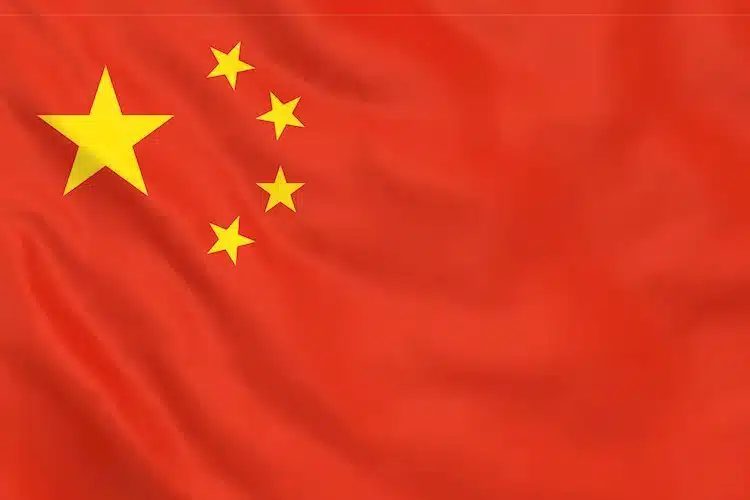China’s Commerce Ministry has urged Australia to treat all companies fairly and create a favorable atmosphere for the development of China-Australia economic and trade cooperation. This comes in response to Australia’s decision to ban short-video app TikTok on government devices. The ministry stated that the ban undermines the international community’s confidence in the business environment in Australia, explaining that it also harms the interests of Australian businesses and the public. Despite the renewed tensions between the two nations, AUD/USD is trading 0.14% higher on the day at 0.6780.
The popular Chinese-owned social media platform recently came under scrutiny for its data privacy practices and potential national security risks. TikTok, owned by parent company ByteDance, has already received several hits from governments and institutions around the world. For instance, India has banned the app, citing national security concerns, while the United States’ administration is considering forbidding federal employees from using the app on their mobile devices. Furthermore, some companies, such as Wells Fargo, have instructed their staff to remove it from work phones.
In Australia, the country’s Defense Department had earlier instructed its personnel to uninstall the app from their work phones, while several politicians and cybersecurity experts have also raised concerns. However, Australia’s Prime Minister Scott Morrison has not ruled out the possibility of a complete ban on the app, but only for government-related devices. This decision is likely to hurt the image of the business environment in Australia and the interests of Australian businesses and the public.
Bilateral tensions between China and Australia have been rising lately. The two countries have already engaged in a series of trade and diplomatic disputes, including Australia’s call for an independent investigation into the origins of the COVID-19 pandemic and China’s imposition of tariffs on Australian barley exports. Furthermore, the Australian government is considering new foreign investment laws, which could potentially block China’s ability to invest in critical infrastructure projects.
The Chinese Commerce Ministry has called for an open and transparent business environment, urging Australia to treat all companies, regardless of their national origin, with fairness and objectivity. They believe that this will help create a favorable atmosphere for the development of China-Australia economic and trade cooperation.
TikTok faces an uncertain future as many countries regard the app with skepticism. With its vast user base and addictive features, the app has become a social media giant in a very short time span. However, these characteristics have also made it a major target for scrutiny and criticism from governments, who are concerned that the app could pose a threat to their national security.
The uproar over TikTok highlights the broader tension between nations, particularly between China and Western countries. This comes as these nations grapple with the rise of China’s economic power, which has prompted the reassessment of global trade and technology policies. Many are now seeking to strike a balance between economic integration and protecting national interests.
For now, the Chinese Commerce Ministry’s statement suggests that they are hopeful for the continuation of China-Australia economic and trade cooperation. However, the ban on TikTok in Australian government devices indicates ongoing mistrust in the business relationship between the two countries. This, in turn, casts a shadow over the broader digital landscape, raising questions about the future of international tech trade and cooperation.
In conclusion, the Chinese Commerce Ministry’s call for fair treatment and favorable conditions for China-Australia economic and trade cooperation indicates that they are still optimistic about their partnership, despite the recent banning of TikTok on government devices. This instance demonstrates the broader challenges that governments around the world face in reconciling the benefits and risks of engaging with emerging technologies, particularly those with ties to politically sensitive nations such as China. The questions facing TikTok are indicative of these new complexities, as national security concerns and data privacy issues become increasingly prominent in global discussions of technology and commerce.


